At Professional Exam Tutoring we have been asked a lot lately “Did the Series 86 exam get harder?” In today’s post, we try to answer that question.
Did the Series 86 Exam Get Harder?
We have been inundated lately with students studying for the Series 86 exam lately. There is a mix of reasons for this.
First, at year end we always have an influx of requests. A lot of students are looking to sneak in their exam before the new year. There is often more time to study, and a desire to pass the exam before earning season, and conferences pick up in earnest in January.
Second, however, is that we are hearing directors of research report an increase in the failure rate. As a result, many are requesting tutoring services. The natural follow-up question we get is whether or not we’ve heard, or believe this exam is now more difficult.
The short answer is that we don’t know for sure, but we don’t believe so (or if so, only marginally more difficult). The same study content (from Securities Training Corporation) seems to work. While the study material is not ideal (we get many complaints about the textbook), we’ve seen worse – and we’ve also seen many, many students use the material successfully. Despite being the most difficult exam we tutor, this textbook and STC’s practice questions need to be understood very thoroughly (but ultimately, work).
The common through-line, is that this is an incredibly challenging exam. A large number of very intelligent people, that are not used to failing exams normally end up failing this exam at least once.
What We’ve Noticed Lately
What we are seeing lately which has been different than in the last several years is an increase in the number of students that try their first attempt without much studying. While this “roll the dice” approach has the potential for relief for those that pass, the reality is that a passing grade rarely occurs from this approach. In fact, we can’t think of a single instance where we’ve witnessed this.
This exam requires much too much preparation and in depth understanding – even from those with finance backgrounds, finance degrees, or MBA’s.
The negative with this approach is that it is “one strike” against the student for an exam that sometimes takes two or three attempts for very competent test takers.
You might not think it seems like a big deal, but if you fail three attempts you must wait 6 months for your next. Therefore, starting out one strike behind a “three-strikes-and-you’re-out” situation can quickly paint you into a corner.
In our experience, employers tend to be forgiving after one or two failures. However, less so often with three missed attempts. We highly recommend that you don’t throw away the first attempt without studying since we have yet to see a single student pass with this strategy.
If you’d like any more advice on this exam, feel free to reach out. There are no shortage of tips, and it’s an exam that benefits from as much help as possible. Good luck with it!

